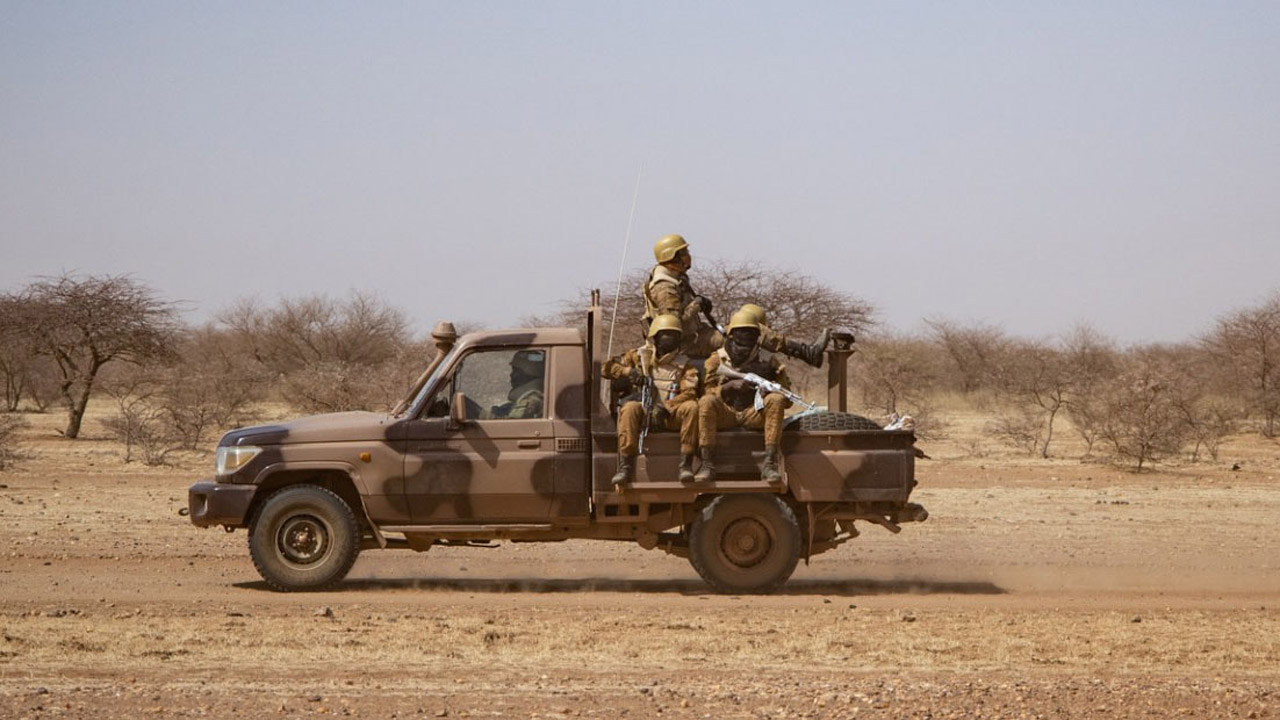
Suspected jihadists killed at least 18 civilians in central Mali, numerous sources told AFP on Sunday, the latest attack in a region roiled by violence for years.
“The jihadists fired at villagers three kilometres (less than two miles) from Diallassagou. The provisional toll is 18 dead and 21 wounded”, three residents of the village told AFP. A police source and a regional official confirmed the attack, but gave the death toll of 19 and blamed “terrorists” and “armed men”.
“We confirm. The terrorists killed civilians in Diallassagou in cold blood,” the police source said, adding “there are 19 dead and 21 wounded. They accuse the civilians of helping the Malian army”.
An elected official in Bandiagara, a town some 60 kilometres from Diallassagou, told AFP on condition of anonymity that “the unidentified armed men killed 19 farmers in their fields. All of the victims are those who have been displaced and have settled in Diallassagou”.
Another Dandiagara official also said that 19 farmers had been killed by unidentified armed men.
In June 2022, more than 130 civilians were killed in the same village, in one of the worst attacks in Mali in recent years that the government blamed on Katiba Macina, a group affiliated with Al-Qaeda. The group denied the allegations.
Mali has since 2012 been plunged into turmoil by independence and Salafist insurgencies in the north.
The centre of the country has become a hotbed of violence since 2015, with the emergence of jihadist groups led in particular by the firebrand Fulani preacher Amadou Koufa, who has largely recruited from among his own community.
The violence has spilled over into neighbouring Burkina Faso and Niger.
Clashes have increased between the Fulani, who are mainly herders, and the Bambara and Dogon, largely farmers, leading to the formation of ethnic self-defence groups.
The deteriorated security context, remote locations and a lack of reliable information mean that attacks often take a long time to confirm.






